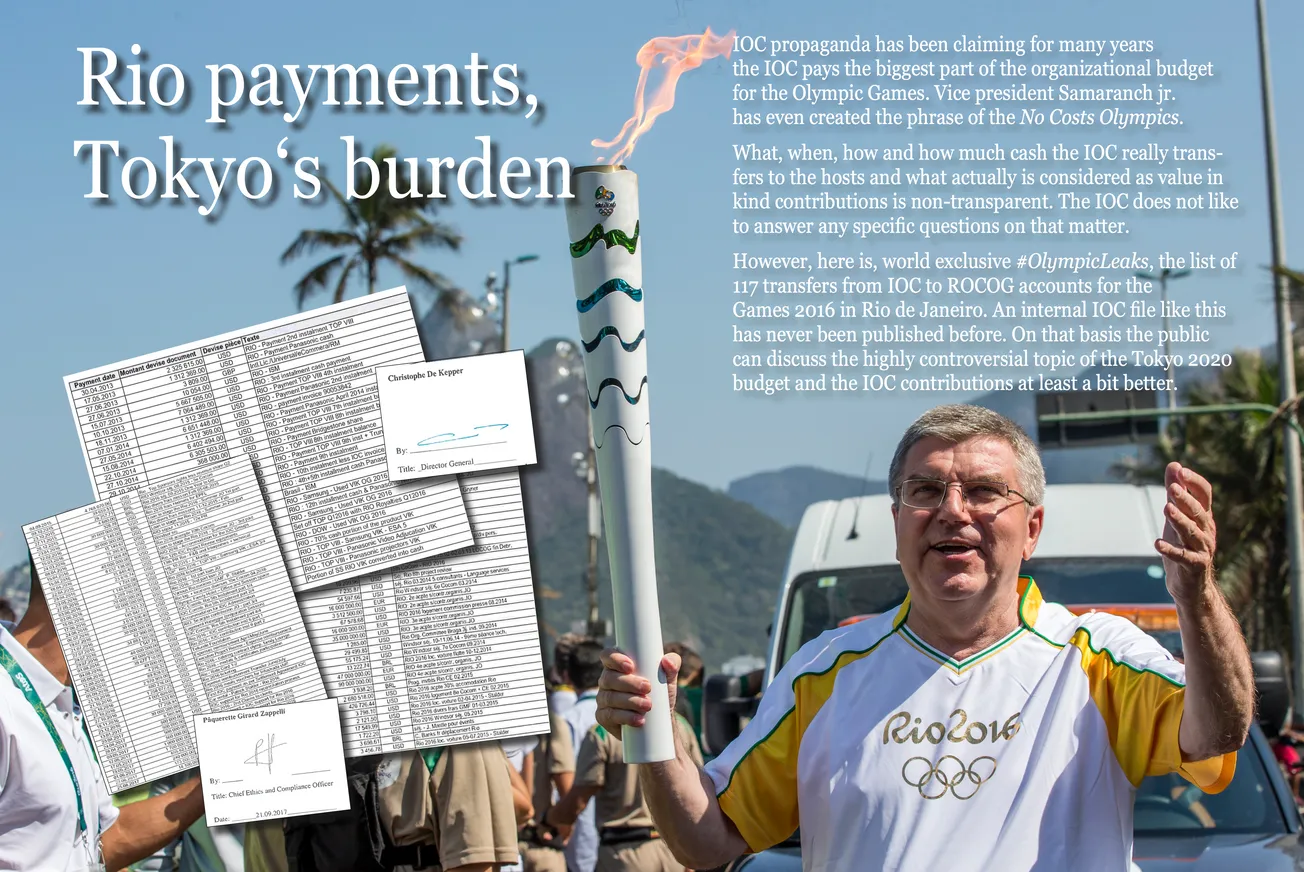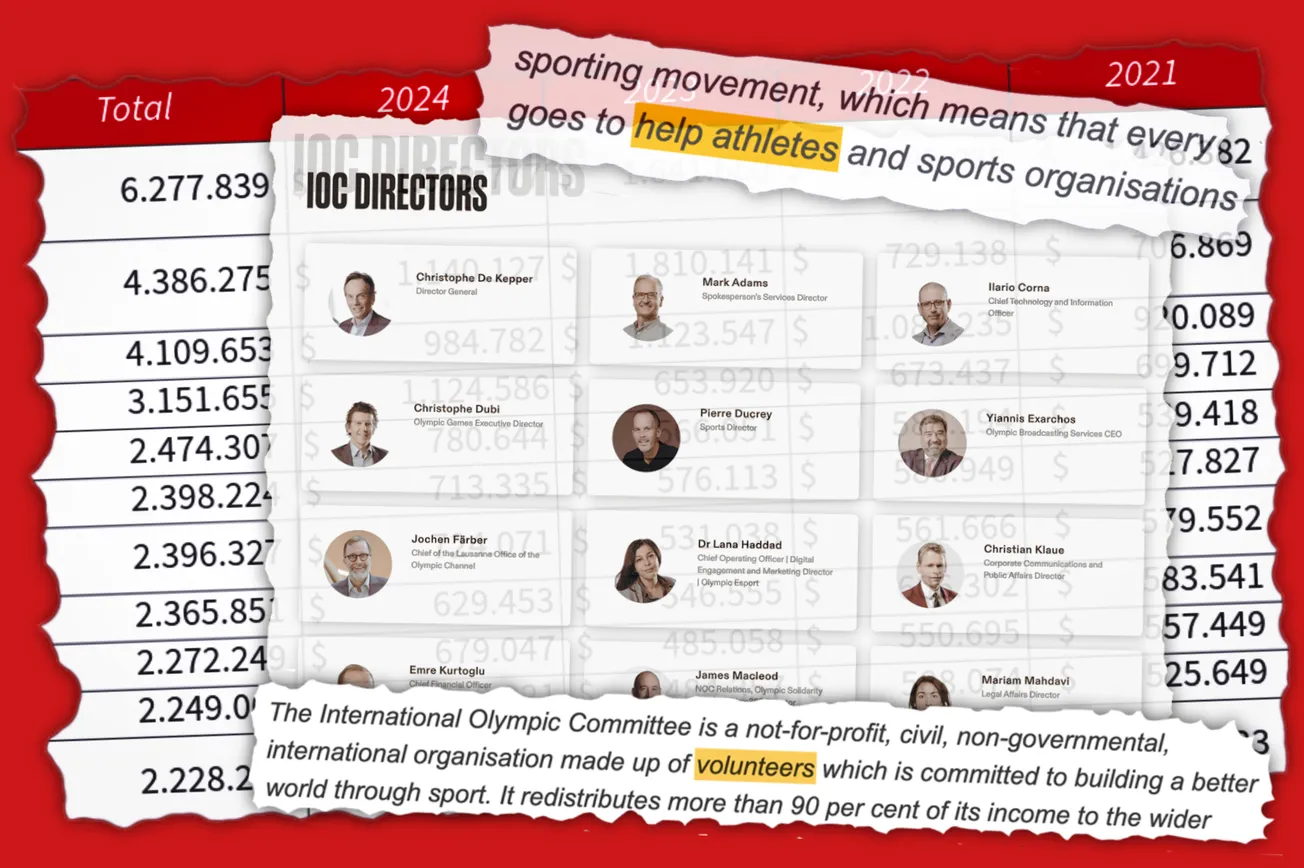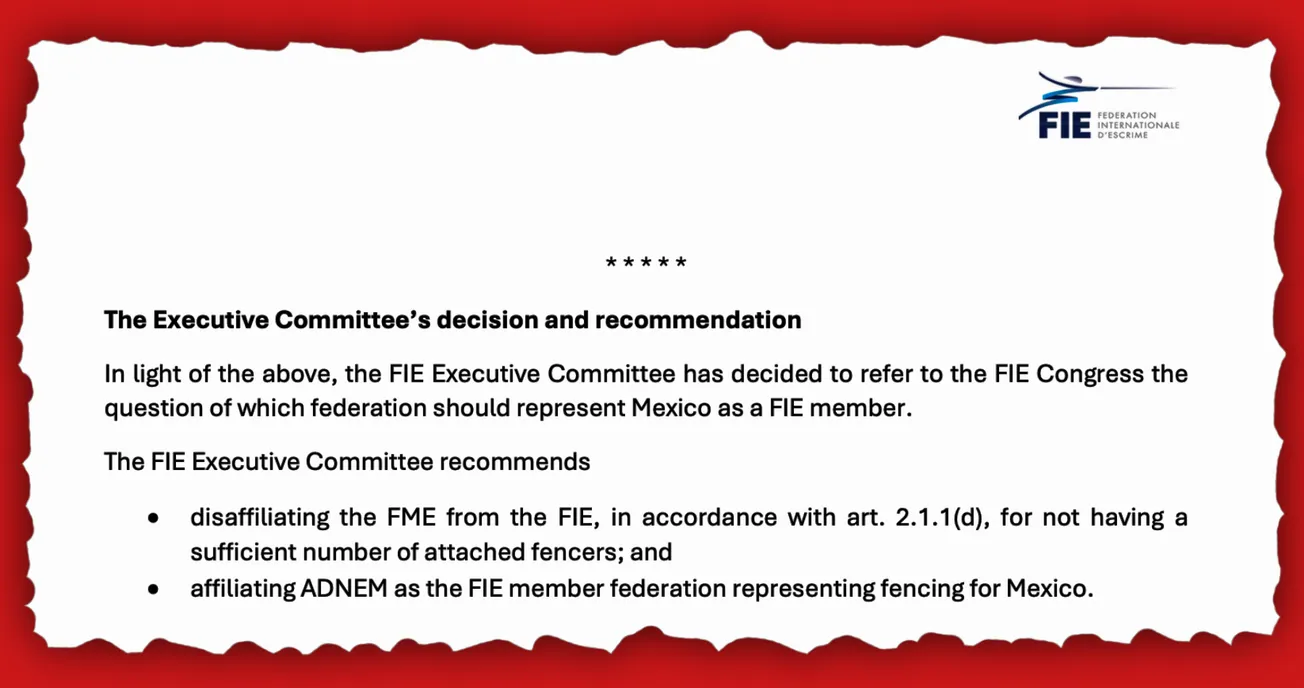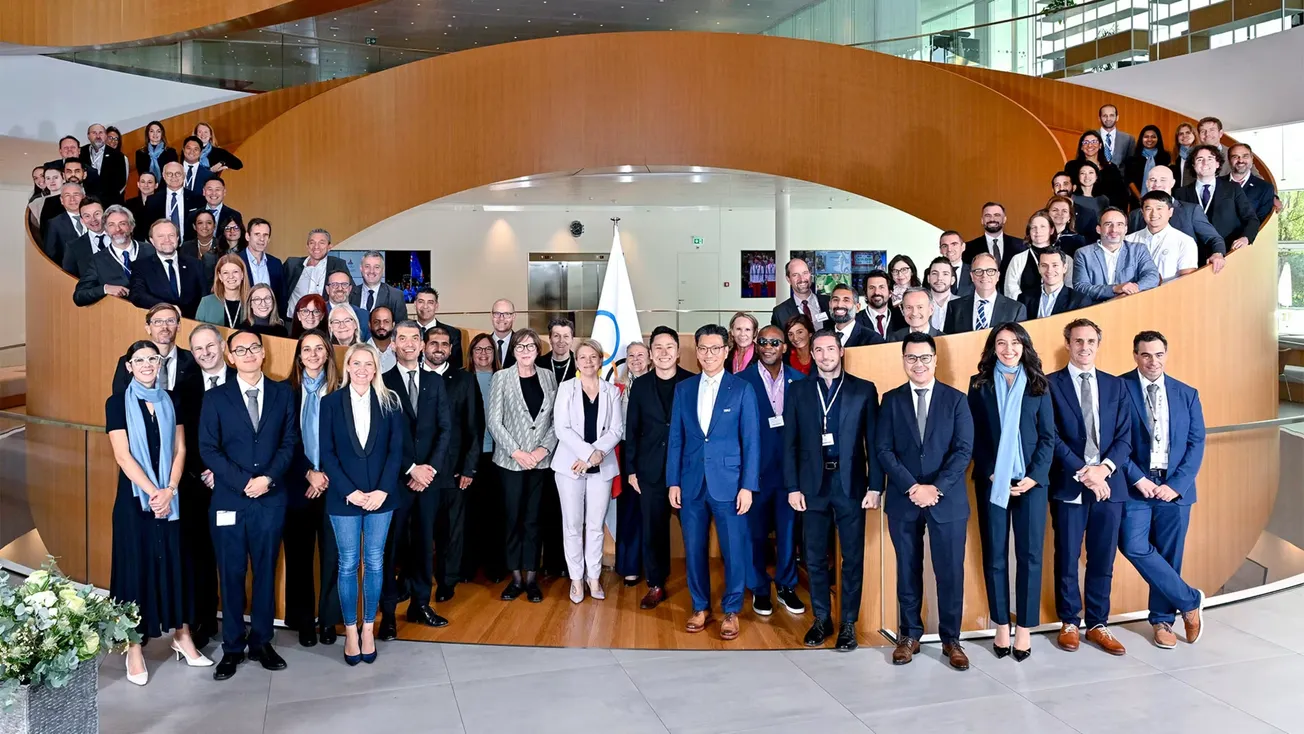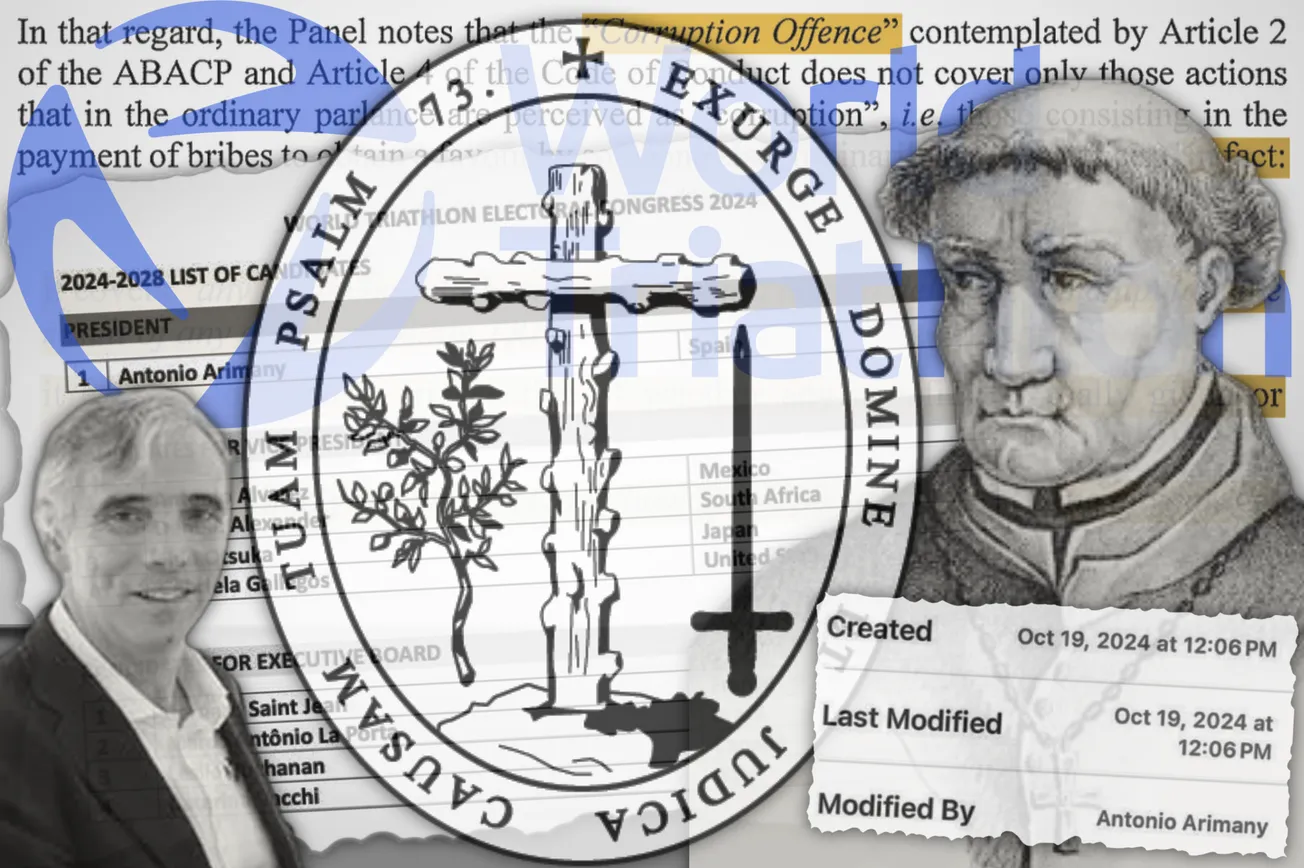The revelation helps to understand one of the most fundamental questions around the Olympic movement these days: What kind of contribution can Tokyo 2020 really expect from the IOC?
The Tokyo Olympics 2020 have been moved to 2021 because of the corona pandemic. Even so, the date of the mega-event will continue to be uncertain. If no vaccine is found by early next year at the latest, the Games may be cancelled. The Japanese organisers are already organising their retreat. Resistance is growing rapidly in Japan.
Former prime minister Yoshirō Mori, now president of the Tokyo Organising Committee of the Olympic and Paralympic Games (TOCOG), has announced the Games could not be delayed a further year until 2022 if the pandemic remains a threat in 2021. “In that case, it’s cancelled.”
One day later, at the end of April, the current prime minister Shinzō Abe said in the Japanese parliament that the Games “cannot be held in a complete form if the pandemic is not contained.”
For the time being, however, work continues feverishly in Japan to understand the organisational and financial consequences of the relocation. The additional costs cannot yet be quantified precisely. Initial estimates range between 2 and 6 billion USD. Meanwhile some serious diplomatic tensions have appeared between the International Olympic Committee (IOC) and the Japanese hosts about the burden of additional costs.
IOC president Thomas Bach said:
“The IOC will continue to be responsible for its share of the operational burden and its share of the costs for these postponed Games, under the terms of the existing agreement for 2020 that we have with our Japanese partners and friends.”
On 29 April Bach was quoted on the IOC’s website: “Although it is too early to give an exact figure, we already know that we have to shoulder several hundred million US dollars of postponement costs”.
Meanwhile huge financial and organizational concerns are also being raised about the Games in Paris 2024 and the Winter Games 2026 in Milano, a city severely affected by the Corona virus. If no vaccine is found by next year, the Winter Games 2022 in Beijing are also at risk.
Thomas Bach did not specifically describe which „postponement costs“ he was talking about. He did not mention TOCOG with its 5.6 billion USD organising budget (usually called OCOG budget) and the 7 billion “other entities budget” (usually called Non-OCOG budget).
It is important to be precise here. Bach was only talking about “postponement costs” in general. That would also include additional costs for the IOC itself, for the 33 International Federations in the Tokyo programme and the 206 National Olympic Committees (NOC).
Current host contract without figures
“The Games finance themselves” is the slogan of the Paris 2024 Olympics. That fits one hundred percent with the official IOC assertion: no public money is needed for the organising budget. IOC vice president Juan Antonio Samaranch, son of the former president and responsible for the Beijing 2022 Olympics, has even coined the phrase “No Costs Olympics” in late 2018.
So, what can Tokyo expect from the IOC?
In fact, the published version of the Host City Contract (HCC) for Tokyo 2020 does not include a single figure on the contribution of the IOC. The contract has been signed by the IOC, the Japanese Olympic Committee (JOC) and the City of Tokyo whereas the Japanese government is not even an IOC business partner according to the contract.
In the current fourth version of the OCOG budget, the IOC contribution is listed with a total of 1.3 billion USD: 800 million USD as a share of IOC’s worldwide TV revenue, and 500 million USD as a share of the IOC’s worldwide sponsorship program known as The Olympic Partners (TOP).

